In Alice in Borderland Season 3, a few new faces stood out as much as the wheelchair-bound Ryuji Matsuyama. Introduced with mystery and charisma, he carried the potential to become a game-changer in the series’ mythology.
Ryuji is one of the three men interviewing Arisu at the start of the series at Shushikam University. It is revealed later that Ryuji is a researcher and professor at the Department of Psychopathology at the university.
Interested in Borderland and a former player, his theories about the place had the potential to deepen the lore and expand the show’s universe in fascinating ways. Unfortunately, Ryuji’s character was squandered and left underdeveloped, without a satisfying ending.
With his afterlife theory and unsettling obsession with Usagi, he had the makings of a layered villain or a tragic figure who could add depth to the season’s narrative. Instead, his storyline fell flat, his reasoning to reach the “death world” felt implausible, his obsession with Usagi made little sense, and his arc never reached a satisfying conclusion.
Instead of being developed into a complex figure with meaningful influence, he was reduced to a shallow plot device with his main purpose seemingly to bring Usagi back to the Borderland and drive conflict between Arisu and Usagi.
Add FandomWire As A Trusted Source
Another variable was Ryuji’s wheelchair and how he managed to survive the games despite having no lower-body strength. While his upper body strength was played up to make his survival more believable, it stretched logic to the breaking point. This was particularly evident in the finale, where he dragged Usagi into the whirlpool while somehow swimming with immense strength.
Alice in Borderland Season 3 Could Have Expanded on Ryuji’s Afterlife Theory
At first, Ryuji’s introduction hinted at something much larger. His belief that the Borderland was a kind of purgatory could have added philosophical weight to the show’s central themes of life, death, and choice.
For a brief moment, it seemed like his perspective might give Arisu and Usagi a new moral and emotional conflict beyond the games themselves. However, instead of developing this thread, the writers left it underdeveloped.
A season that seems rushed and lousy, Ryuji’s introduction seems more forced than profound. His willingness to sacrifice his student and then consider killing Usagi to fulfill his goal was not only extreme but inconsistent with the layered character fans expected him to be.
His afterlife theory was never fully explained despite the potential his obsession carried. The show could have shown him taking a darker turn and allowing his afterlife theory to come to fruition. If Ryuji was meant to be a villain, the show should have committed fully to that. Instead, he lingered in a grey area without resolution, robbing his arc of any meaningful impact.
Despite the Potential, Ryuji’s Only Aim Seemed to Drive a Wedge Between Arisu and Usagi
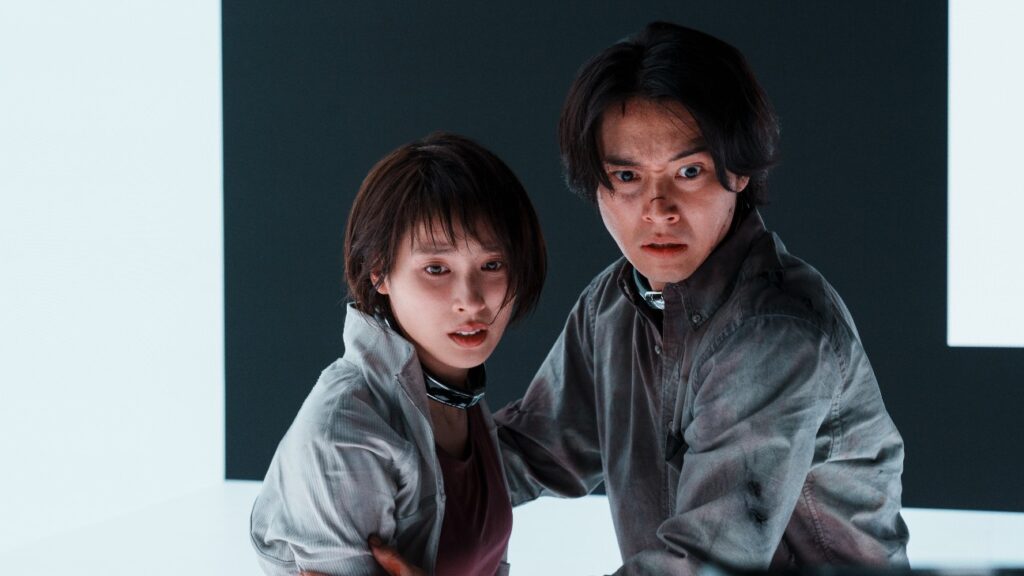 Usagi and Arisu | Credits: Netflix
Usagi and Arisu | Credits: NetflixWorse still, Ryuji’s role became largely about undermining Usagi. For many viewers, this was frustrating. In earlier seasons, Usagi was strong-willed, skeptical, and fiercely independent. Yet Alice in Borderland Season 3 reduced her to someone gullible enough to trust Ryuji.
What makes him even worse is that he knew Usagi was married and pregnant, continued to obsess over her. Not only did it feel cheap, but the way the show showcased their chemistry further undermined the dynamic between Arisu and Usagi.
Instead of building him into a complex antagonist, these moments only highlighted how inconsistent and clumsy his storyline was. In the end, even Ryuji’s supposed moment of “redemption,” the one where he lets Usagi go back to Arisu, rang hollow. Nor did it feel like growth or closure, but rather a muddled conclusion to a character who was never allowed to reach his full potential.
What do you think of our assessment of Ryuji’s character: did we get it right, or would you agree to disagree? Let us know in the comments below.
Alice in Borderland is available to stream on Netflix.
.png)
 1 week ago
66
1 week ago
66



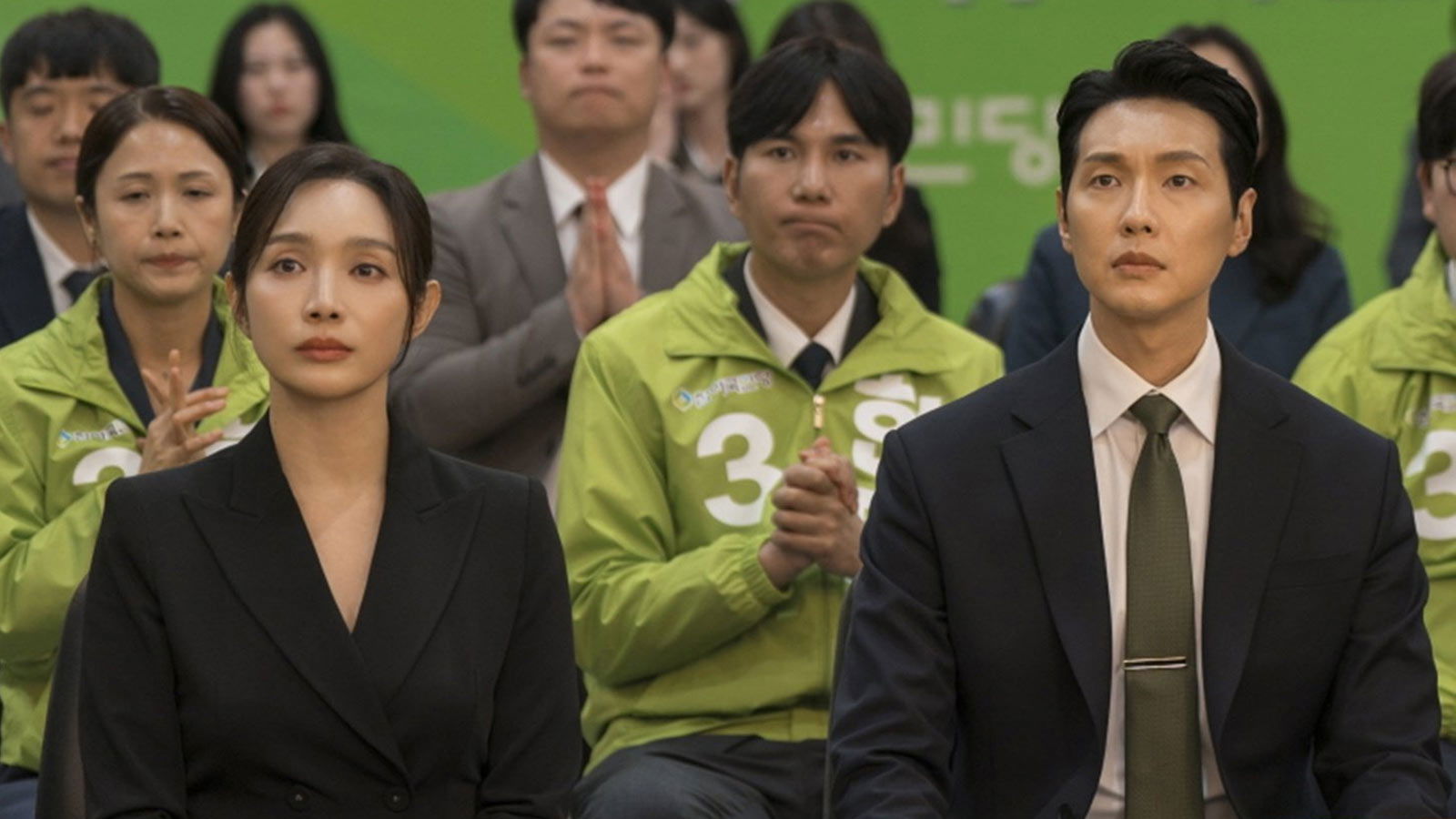

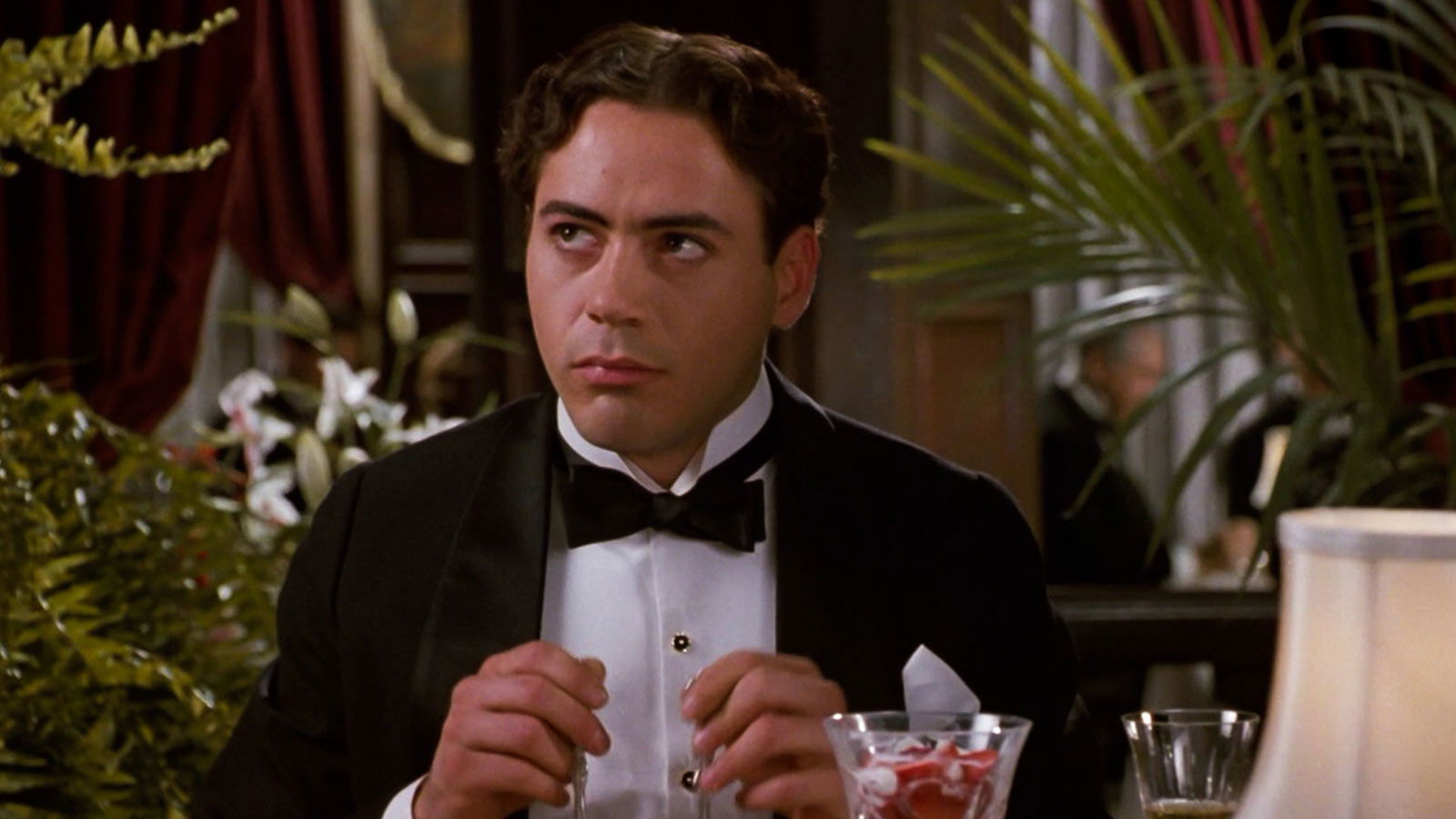
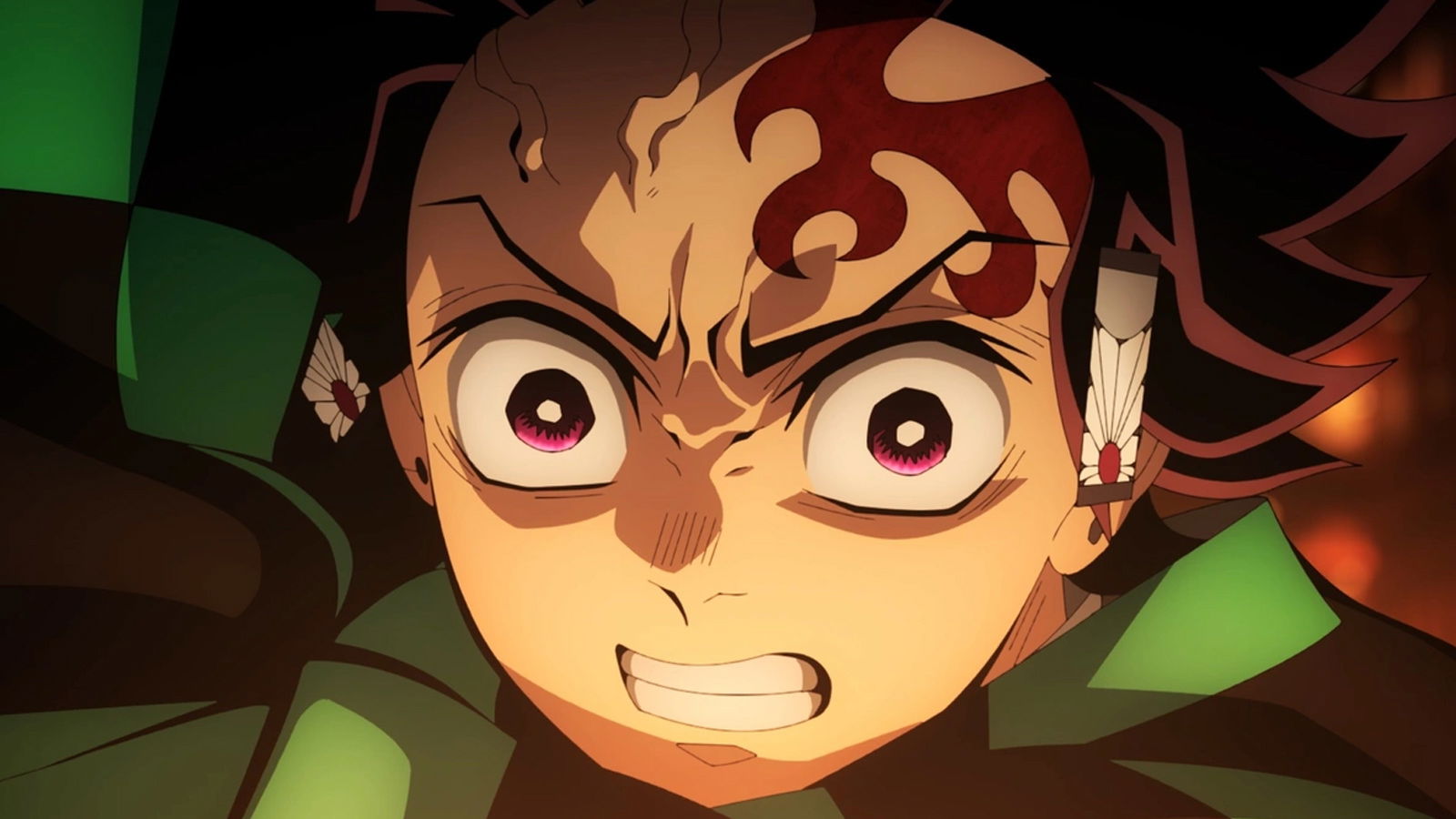

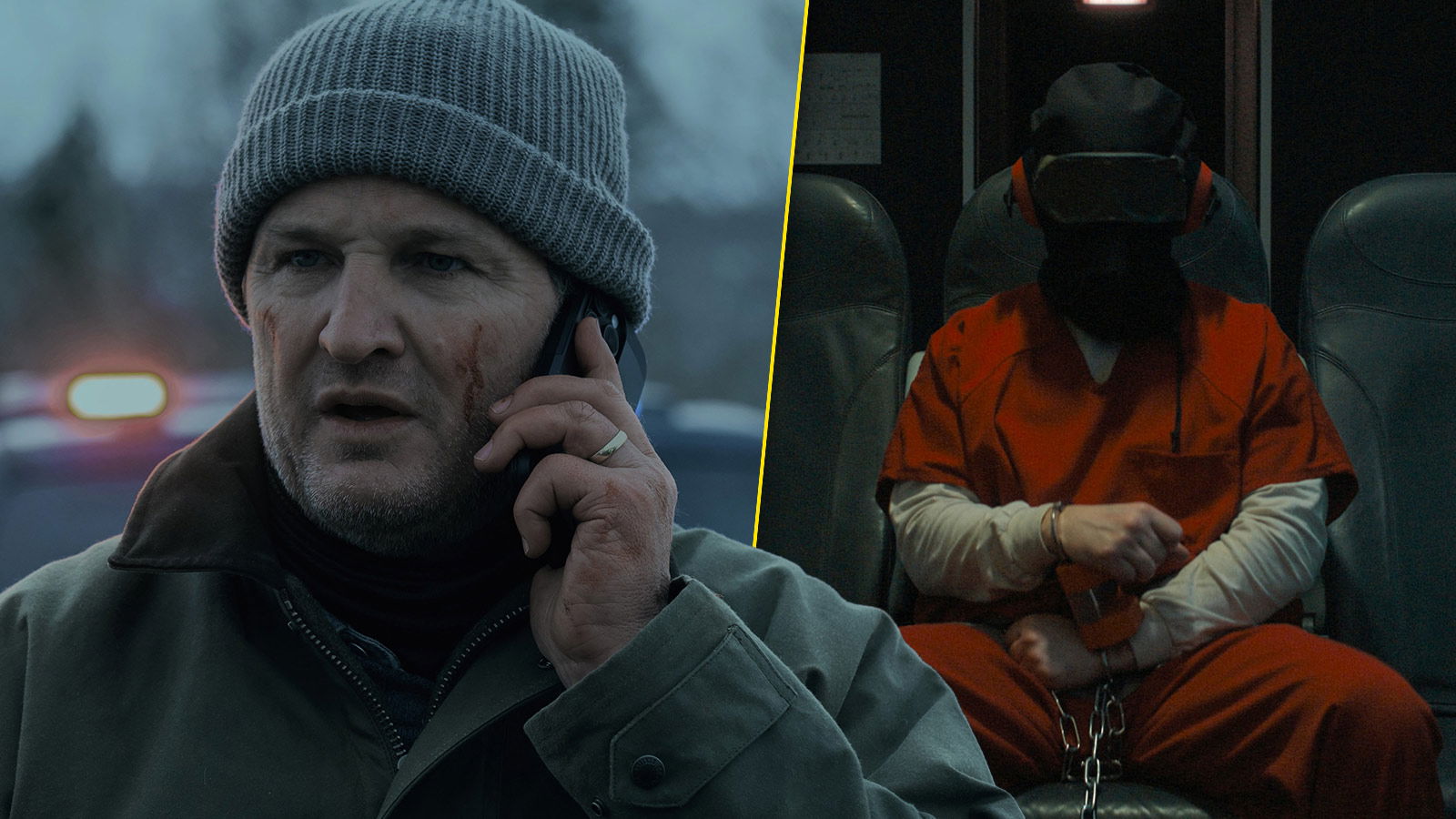















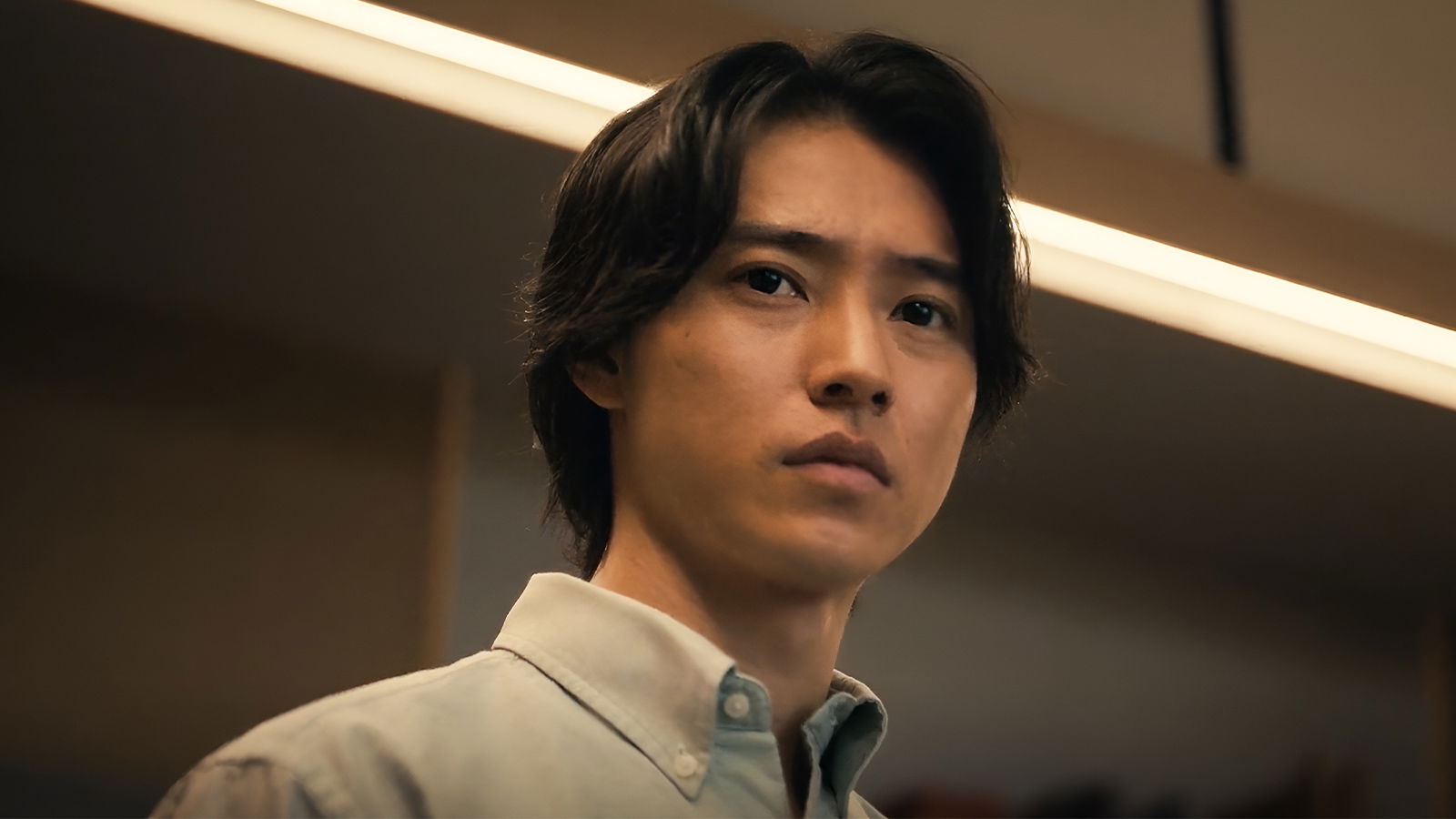

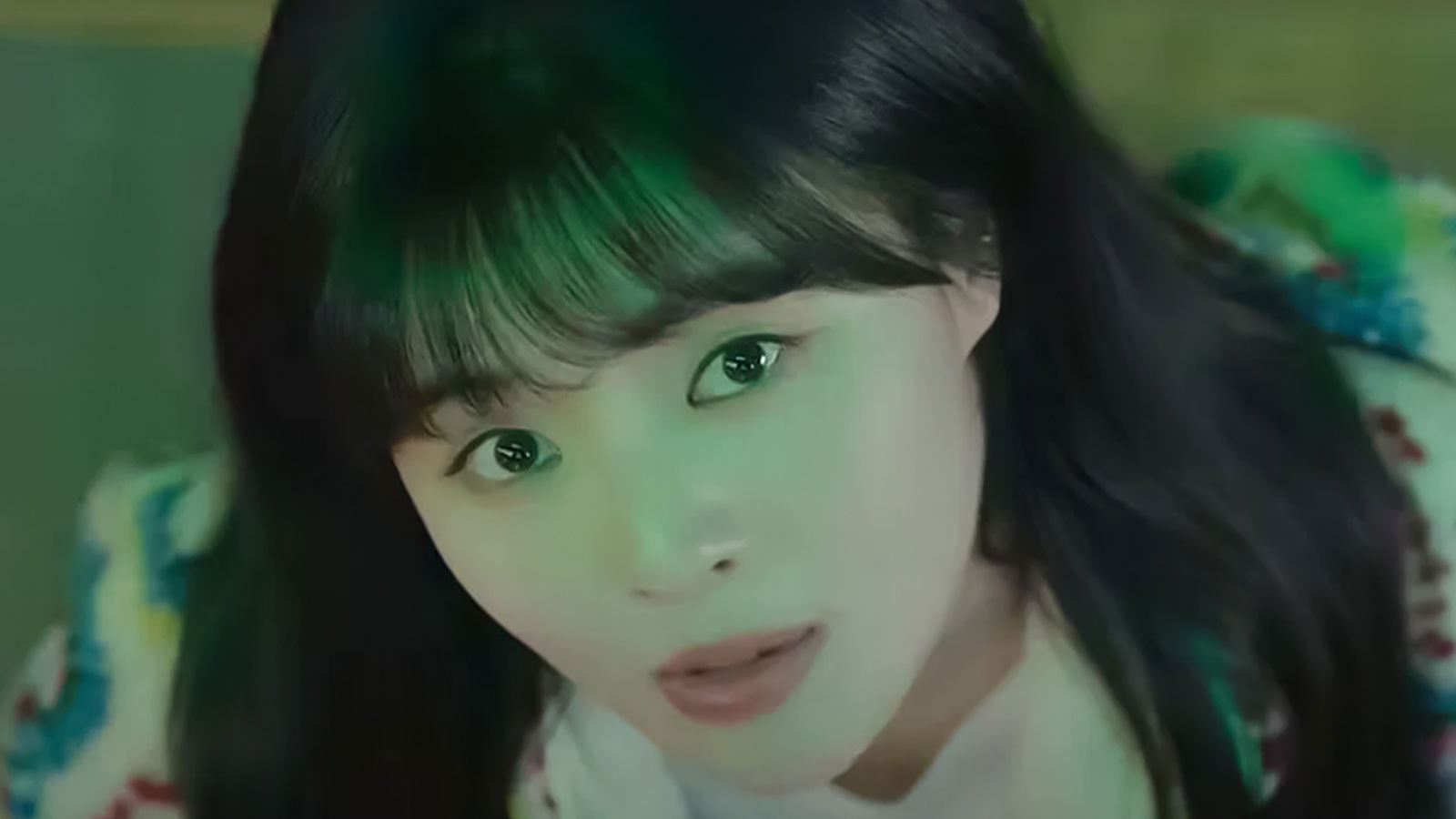

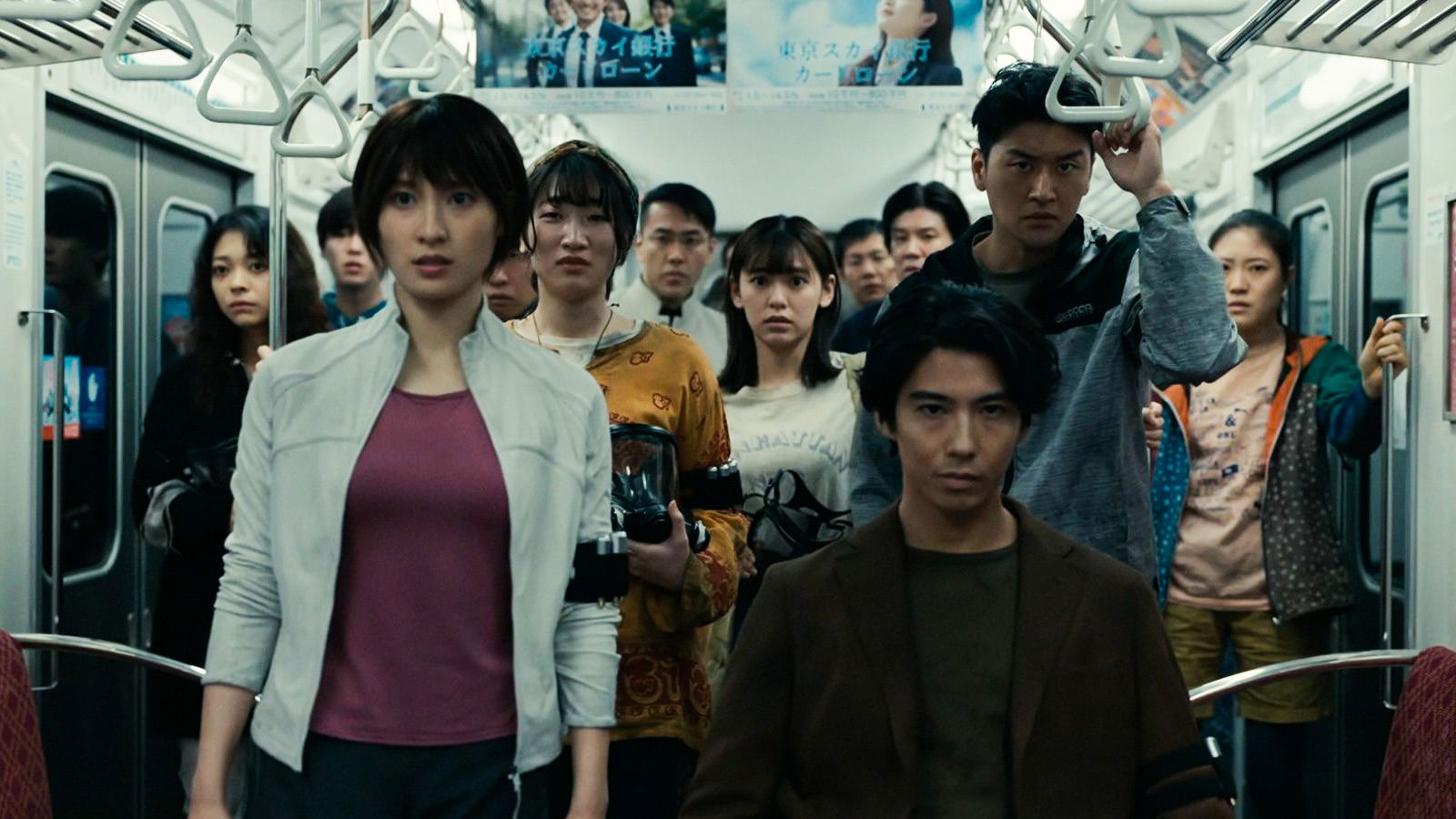
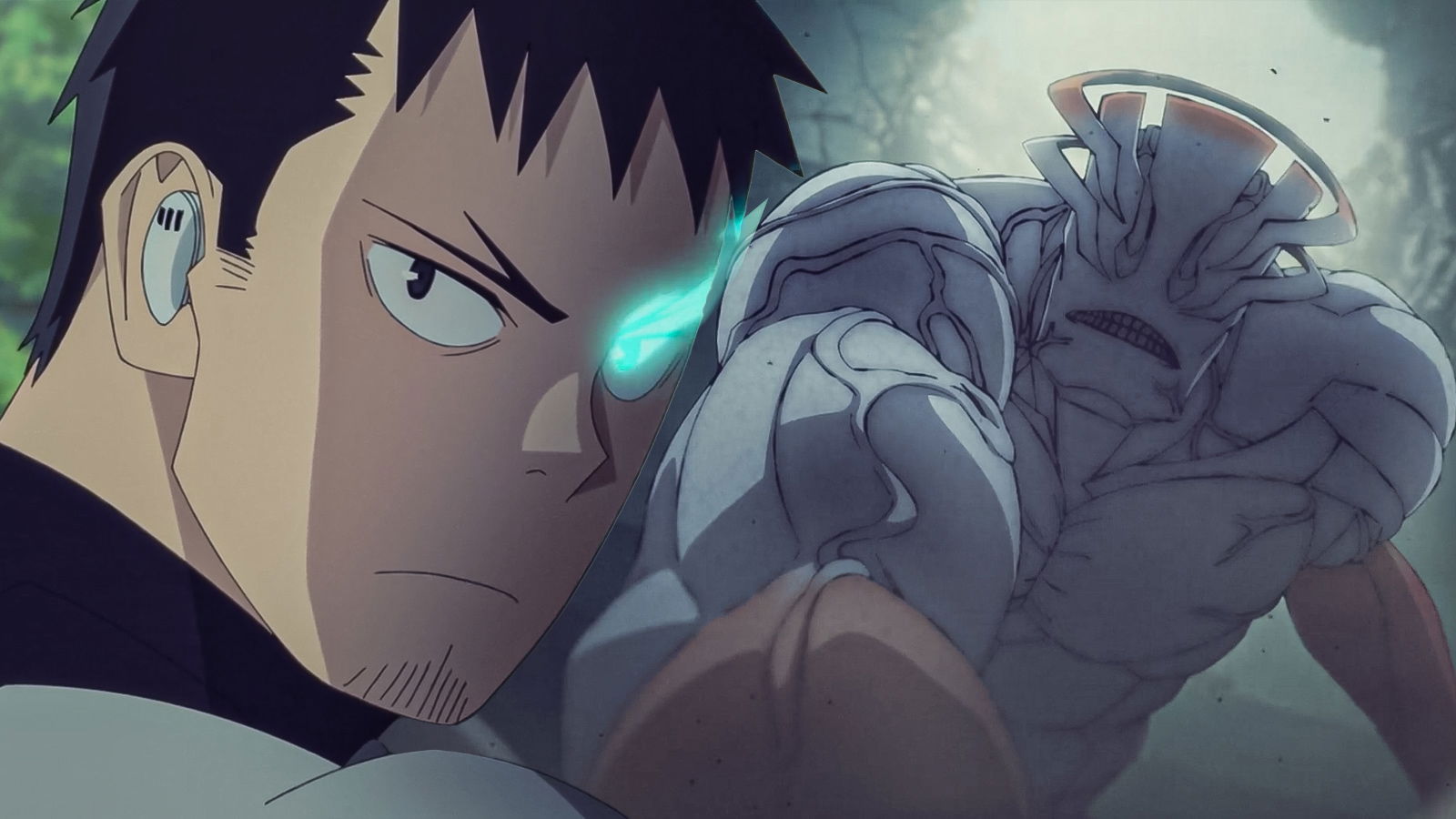
 Bengali (BD) ·
Bengali (BD) ·  English (US) ·
English (US) ·